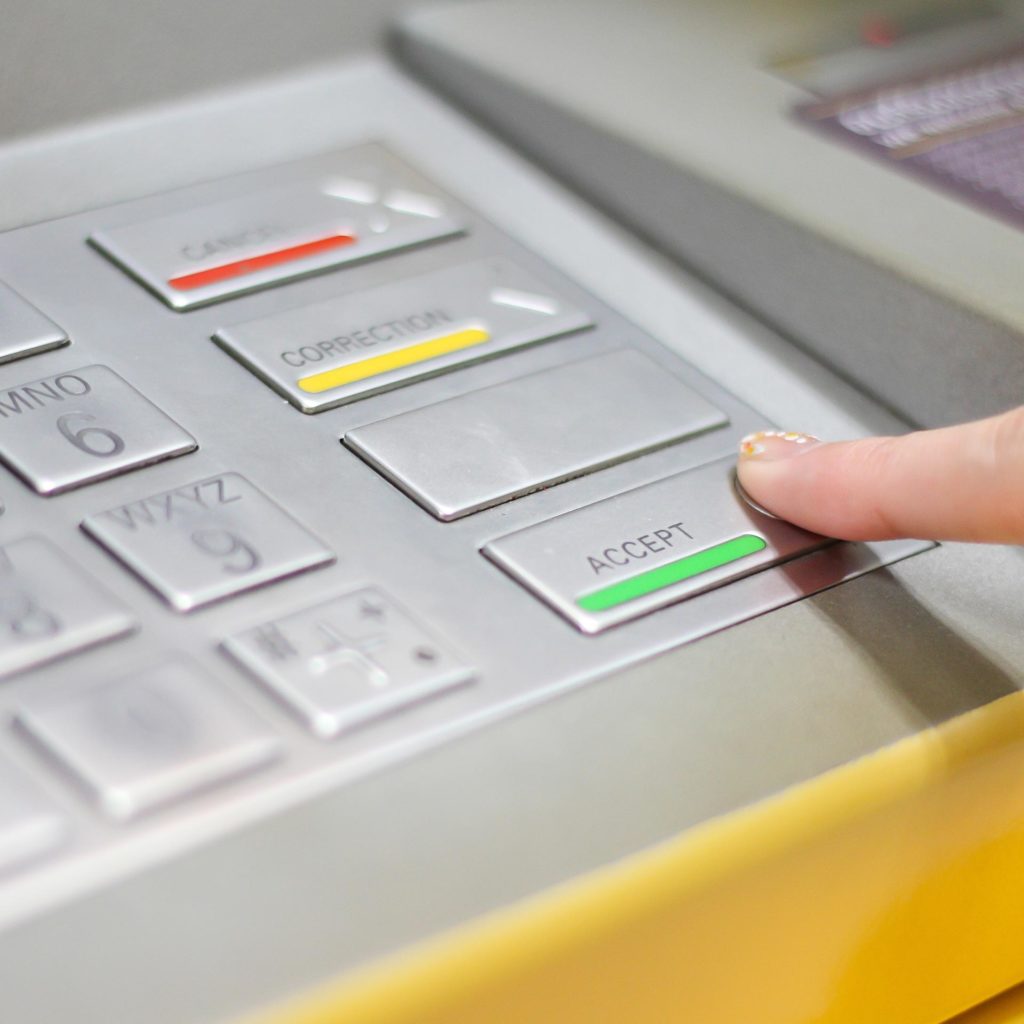The World Health Organization (WHO) has officially announced that the coronavirus outbreak has evolved into a global coronavirus pandemic on March 11, since it has spread to more than 100 countries. This situation shocked the whole world and caused radical changes in the financial services sector as in all other business areas.
Thousands of people from all over the world have been tested positive for COVID-19. Governments are forced to close schools, airports, restaurants, beauty salons, train stations, and even all borders. Some companies could organize their working conditions remotely, while others had to stop their operations. Many small businesses that have not yet created their digital footprints have been in a difficult situation.
On the other hand, the social distancing and isolation process enabled digital banking and online financial services to gain importance, including e-shopping and shipping, distance education and e-learning, digital communication and management tools. This created an environment that stimulates the fintech industry and enables fintech companies to get stronger than ever before.
Changing Customer Needs and Behaviors during the Coronavirus Outbreak
According to an online survey of 1,000 consumers conducted on March 15, 2020, consumers are ready and need digital solutions more than ever. 63% of respondents say they are now more inclined to try a new digital app or website after the coronavirus outbreak.
Thus, this period turns into a very favorable process for financial institutions to turn this challenge into an opportunity by using fintech startups’ solutions to be as digital as possible.

Self Isolation and Financial Services
Finance sector customers prefer to stay at home during the isolation process created by the coronavirus pandemic. Many of them are afraid to go to bank branches to make transactions. Also, the banks have reduced working hours.
In this extraordinary situation, additional burdens to channels such as telephony, online banking, and social media occur. Besides, customers expect financial institutions to increase their digital financial services and transaction capacities, which also provide remote access.
73% of customers who participated in the research announced that they were doing more remote work or remote errands due to the coronavirus outbreak. And 84% said they expected their brands to maximize their digital interactions and give them full access to physical services online for their own security.
Lock-down and Loans
According to the American Community Survey conducted by Global Workplace Analytics, 50% of the United States’ Workforce still must be physically present in the workplace to earn a paycheck.
Thus, during the coronavirus outbreak many people lost their jobs and thereby their source of income, and became afraid that loans would default since mortgage payments were lacking. Businesses whose revenue is cut or lost entirely also need additional help.
Therefore, consumers who cannot go to work and business owners who have to close their businesses indefinitely can provide short-term credit activity that may slightly increase business for banks and credit unions offering small and medium-sized loans.
A Rapid Shift to Cashless Society
As the number of coronavirus cases continues to increase rapidly, the World Health Organization (WHO) has warned that the virus can infect customers through banknotes and coins. Paper money can carry a live flu virus for up to 17 days.
The analysis revealed that if existing trajectories for digitalization continue, 8.17 million vulnerable members of the community may become infected due to their dependence on physical payment methods. This is so serious that it has caused China to thoroughly clear potentially infected cash to limit the spread of the coronavirus outbreak.
Thus, the concept of “Cashless Society” has increased rapidly and most of the payments have started to be made using digital methods, and accordingly the use of credit cards has drastically increased.

To Sum Up…
It’s obvious that the coronavirus outbreak has created wide-ranging changes on both customers and businesses. On the other hand, it brings an equally destructive financial crisis. Unfortunately, as a result of epidemiological fluctuation, ever-changing consumer behavior and conditions in macroeconomics, it became very difficult to form a long-term strategy and hence an uncertain perception of the future began to form.
On the other hand, knowing how to turn a crisis into opportunity always remains the path chosen by leading visionaries to overcome the competition. The coronavirus financial crisis and all the accompanying social constraints show that the situation we are in has quickly become an opportunity to go digital.
As a result of the rapid change of old systems, processes and culture, most financial institutions will have to partner with fintech companies to respond to customer needs and lead the market by offering better digital mobile banking products.
ForInvest enable you to pioneer the emerging trends in the financial sector during the coronavirus outbreak period and to meet customer needs as quickly and wisely as possible by offering them the most fluid experiences.Foreks’s FinTech Solutions are developed by a team of experts with over 30 years of financial software development know-how and readiness to pioneer the next digital evolution.